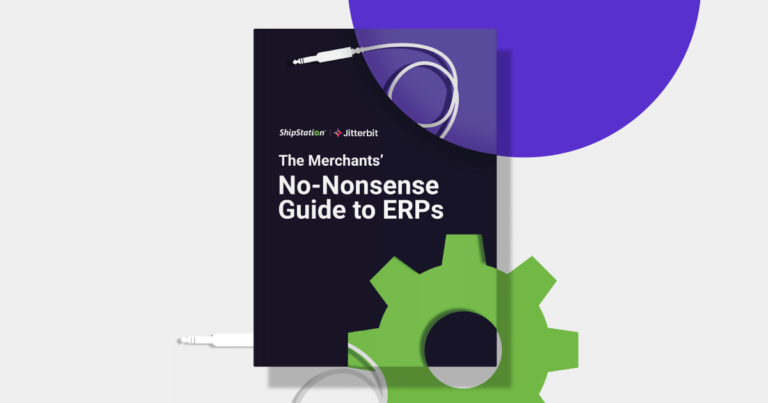5 Global Ecommerce Myths

This guest post was written by Jason Ferguson, a Communications Specialist for Volusion, an ecommerce shopping cart platform based in Austin, Texas.
Every new technology trend, from the internet itself to social media and mobile commerce, has lowered the cost of entry for entrepreneurs. It has never been easier to start a business and reach a market than it is right now, but that same latitude extends to your potential competitors.
In order to stake a claim in the growing digital market share, entrepreneurs must be willing to explore any option that distinguishes them from their competition. Besides branding distinctions and product lineups, your willingness to engage new markets can be just such a distinguishing factor.
If you have considered going beyond your national borders and entering the global marketplace, you’ve almost certainly encountered one of the following myths:
1. Global ecommerce is only for large operations
First, it is important to understand that large operations are, most frequently, not your true competitors. Walmart and Amazon may occasionally stock the same items that you do, but chances are that your vision is more specialized than these big-box stores. Research your actual competition, and then visit their sites to see if they ship internationally. If they don’t, then you can easily set your business apart by expanding being their reach.
If they do ship internationally, it is time to compete with them on a global scale; if they have overcome the hurdles involved, then so can you. Just keep in mind that ecommerce is the great equalizer. Large operations may have larger budgets and more staff, but neither of those things are required to go international anymore.
2. There’s no audience for me
If you have Google Analytics installed on your site—and all ecommerce shops should—take the time to see how much international traffic you are already drawing, without marketing internationally at all. Chances are, you already have an audience abroad, whether you intended to are not. If that doesn’t convince you, use Google AdWords to see how much international search volume your keywords are getting.
Even without mastery of a third language, the market is simply so large that even small slices of the pie can represent considerable profits.
3. It’s too difficult
There are certainly complexities in international shipping, and taking on new venues will always have starts and stops along the way. In order to reduce your own labor and leverage the expertise of others, you will likely want to partner with a shipping fulfillment service that specializes in international shipping. However, once again, the international market has never been easier to enter than it is right now.
4. There are too many shipping risks involved
This is another half-truth. Without proper preparation, you certainly incur more risks by shipping internationally than you would be remaining domestic. That said, preparation mitigates that risk. Just as USPS and other shippers offer postage labels and tracking for domestic packages, the same holds true for international packages. The same names in shipment fulfillment that you trust locally can be trusted globally.
5. Staying local isn’t costing me anything
Every lost opportunity is a business cost. Going global is not going to be the right option to every merchant, but every merchant would be doing themselves a disservice by not exploring their international options. Moving from retail commerce to ecommerce or starting a digital storefront from scratch was certainly a big step, but do not let it blind you to the next big step for your business.
For more advice on exploring your business’s potential, explore Volusion’s free Ultimate Field Guide to Ecommerce Conversions.


